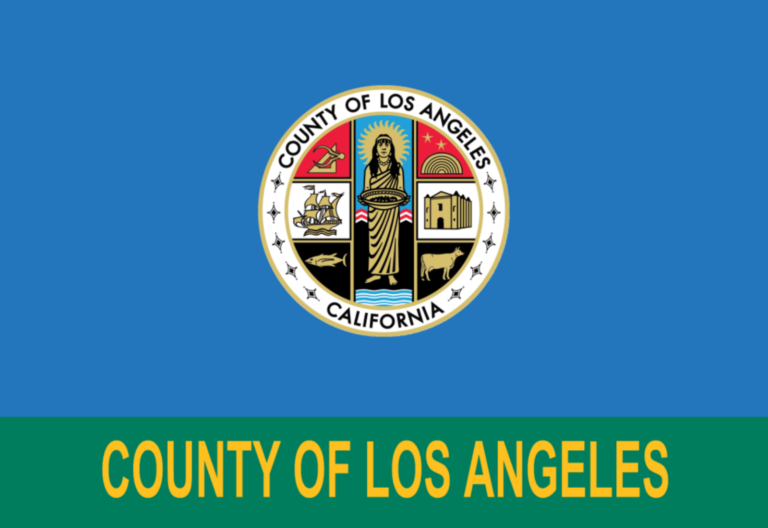
Oregon Cannabis Licenses: Change In Ownership
We recently wrote that we are working on a substantial number of merger and acquisition deals regarding Oregon marijuana businesses. One question that comes up in these deals, without exception, is how the Oregon Liquor Control Commission (OLCC) license acquisition process works for the incoming party. This is because licensing is a fundamental sale consideration: no










